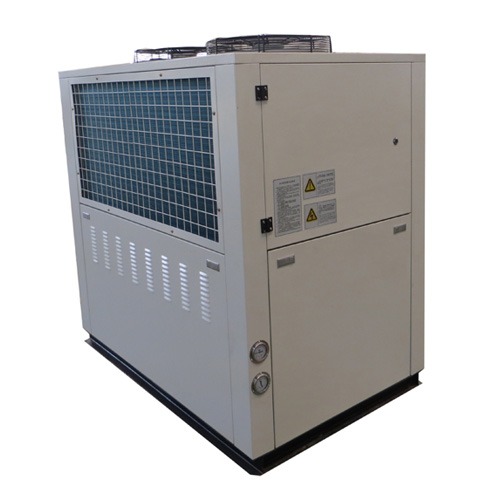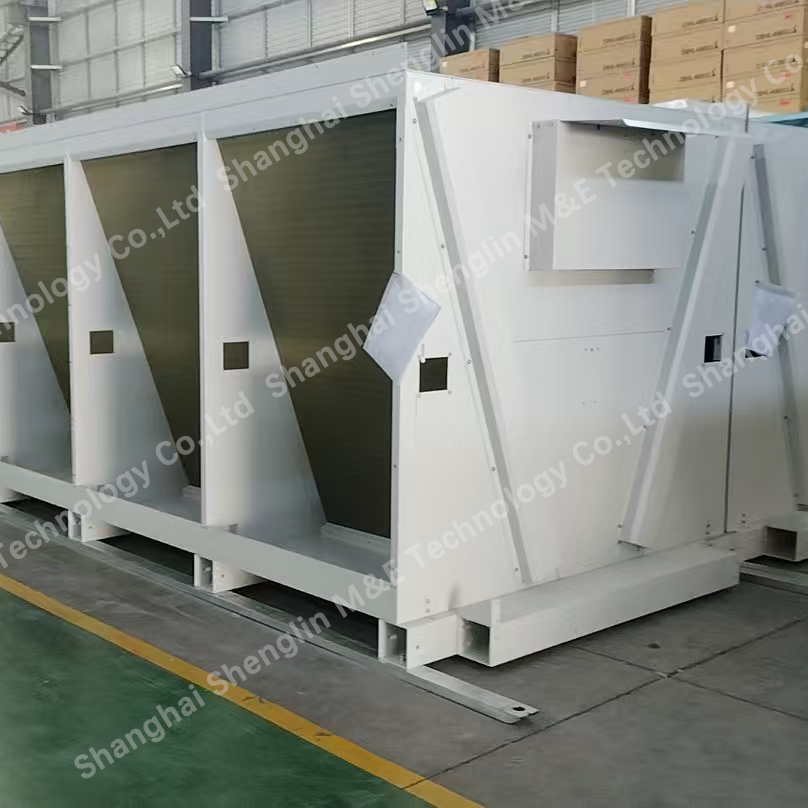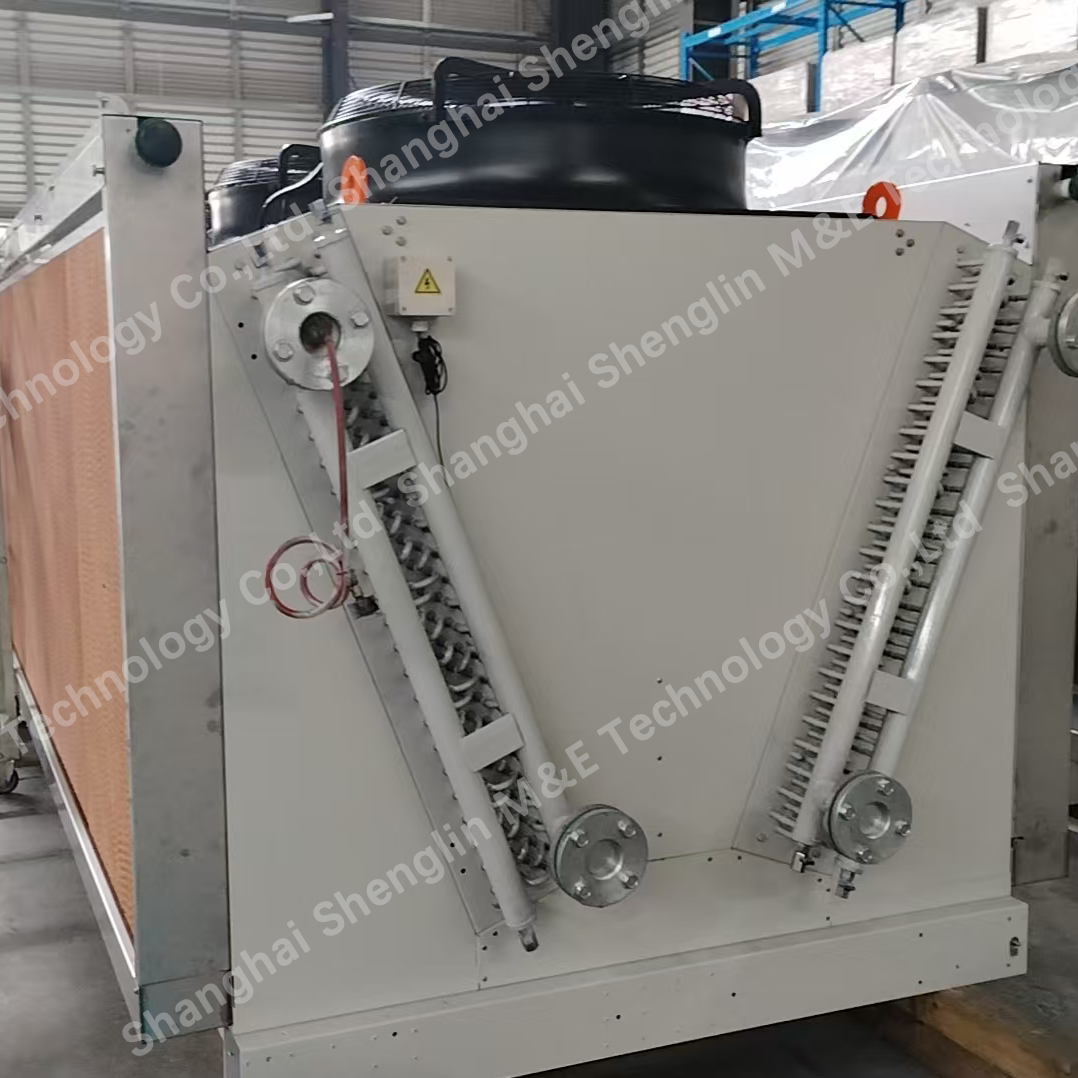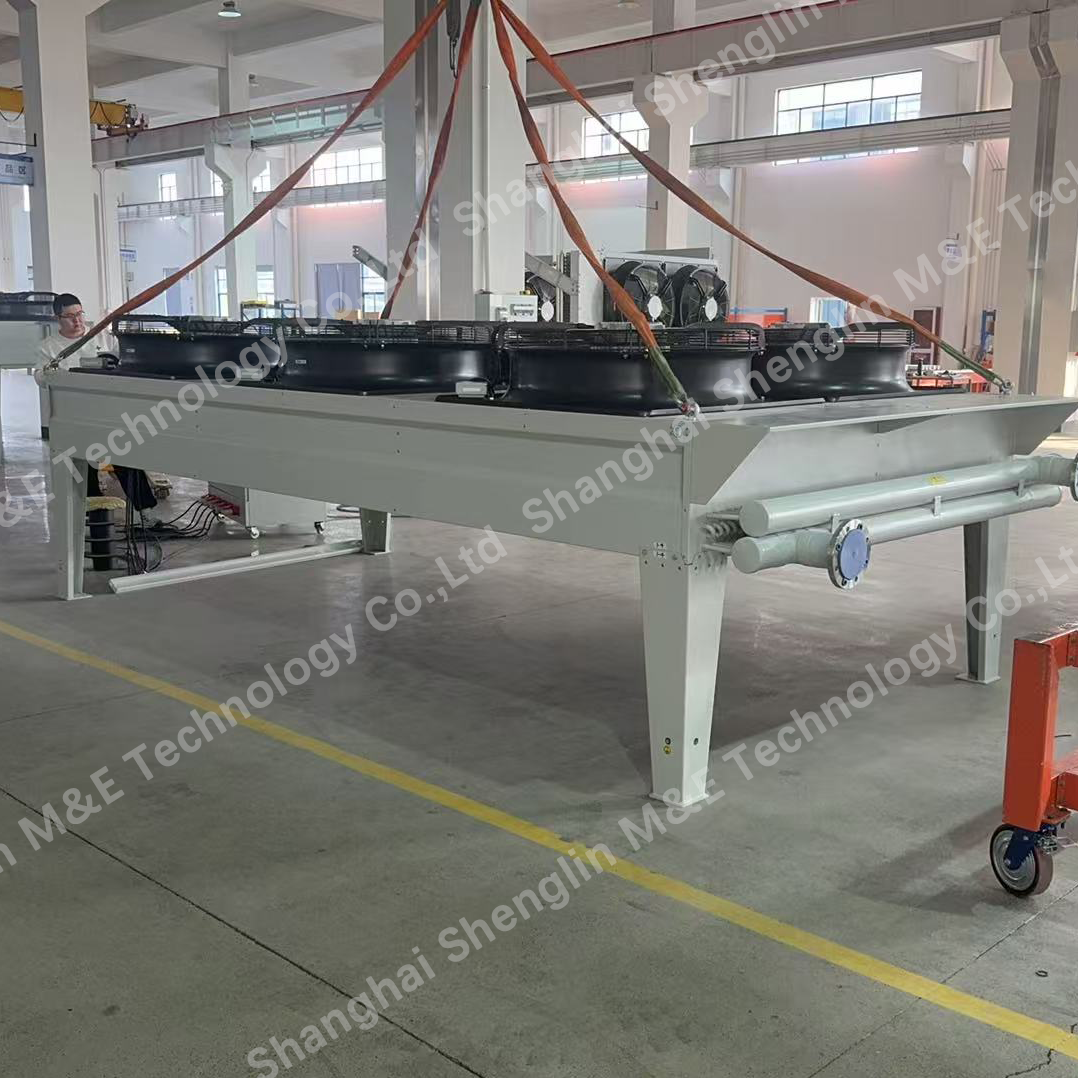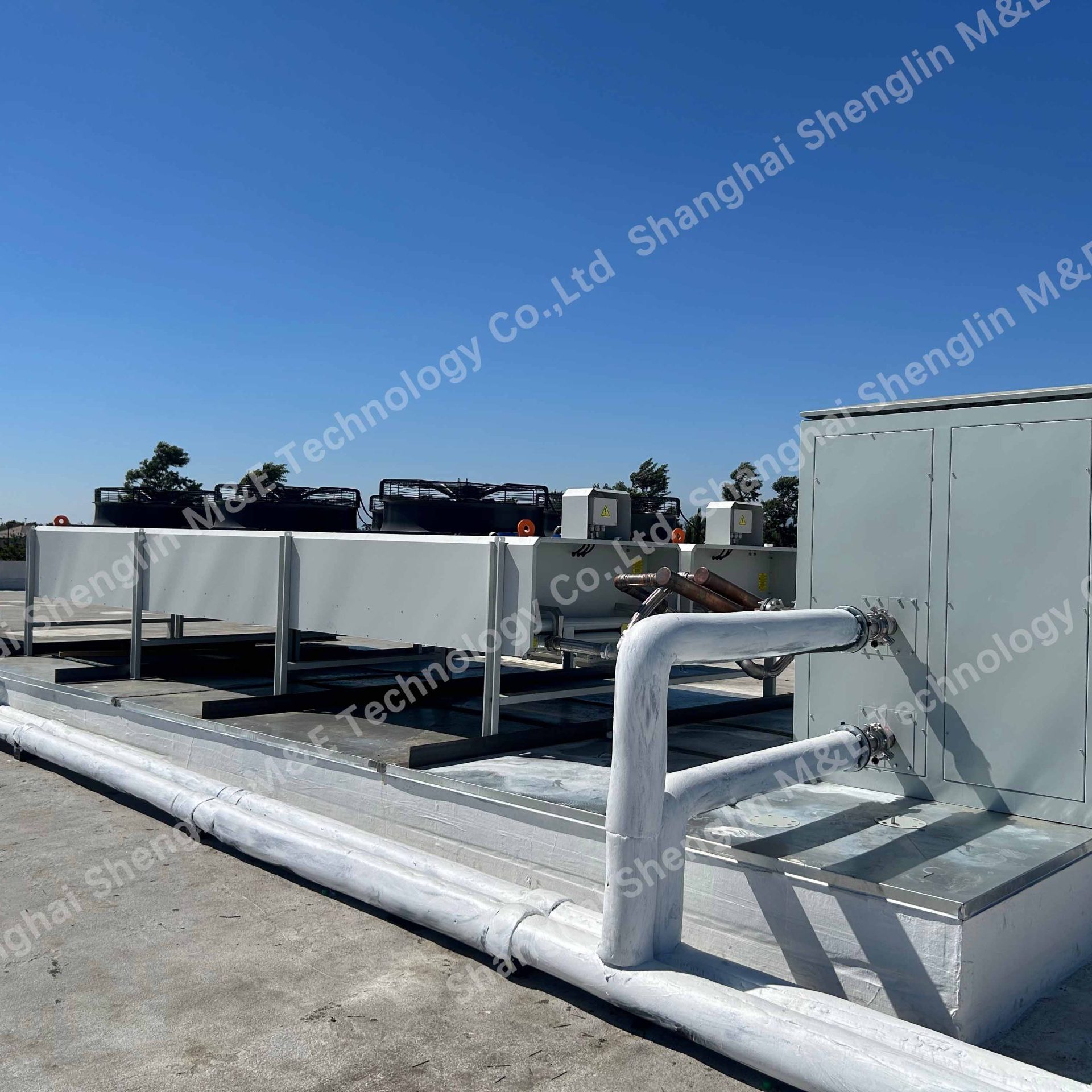Choosing the Right Industrial Dry Cooler for Your Needs
This comprehensive guide explores the crucial factors to consider when selecting an industrial dry cooler. We’ll delve into various types, applications, advantages, and disadvantages to help you make an informed decision for your specific industrial cooling requirements. Learn about efficiency, maintenance, and cost considerations to ensure optimal performance and long-term value.
Understanding Industrial Dry Coolers
What is an Industrial Dry Cooler?
An industrial dry cooler, also known as an air-cooled heat exchanger, is a crucial component in many industrial processes. Unlike evaporative coolers, industrial dry coolers use air to dissipate heat, making them suitable for applications where water conservation is critical or where water quality might impact the process. They are designed for heavy-duty use and are built to withstand harsh industrial environments. They’re employed to cool various fluids, including process water, lubricating oil, and refrigerants.
Types of Industrial Dry Coolers
Several types of industrial dry coolers exist, each tailored to specific needs. These include:
- Air-cooled chillers: These systems combine a refrigeration cycle with an air-cooled condenser, offering precise temperature control. They’re frequently found in manufacturing and data centers.
- Plate and frame heat exchangers: Known for their compact design and high efficiency, these are often used in applications with limited space. Shanghai SHENGLIN M&E Technology Co.,Ltd offers high-quality solutions in this area.
- Shell and tube heat exchangers: These robust units are well-suited for high-pressure and high-temperature applications. Their durability makes them ideal for demanding industrial settings.
Factors to Consider When Selecting an Industrial Dry Cooler
Cooling Capacity and Efficiency
The cooling capacity, measured in kilowatts (kW) or tons of refrigeration, must match your specific needs. Efficiency, often expressed as kW/ton, is a critical factor influencing operating costs. Look for industrial dry coolers with high efficiency ratings to minimize energy consumption and reduce your environmental footprint. Higher efficiency translates to lower long-term operational costs.
Airflow and Heat Rejection
Efficient heat rejection requires adequate airflow. Consider the ambient air temperature and the industrial dry cooler’s ability to dissipate heat effectively even in high-temperature environments. The fan design and motor selection impact airflow significantly.
Material and Construction
The materials used in the construction of the industrial dry cooler directly affect its durability and lifespan. Consider corrosion resistance, particularly in environments with high humidity or exposure to corrosive substances. Stainless steel and other corrosion-resistant materials are often preferred in industrial settings.
Maintenance and Serviceability
Easy access to components for maintenance and repair is essential for minimizing downtime. Choose an industrial dry cooler with a design that simplifies cleaning, inspection, and replacement of parts. Regular maintenance prolongs the cooler’s lifespan and optimal performance.
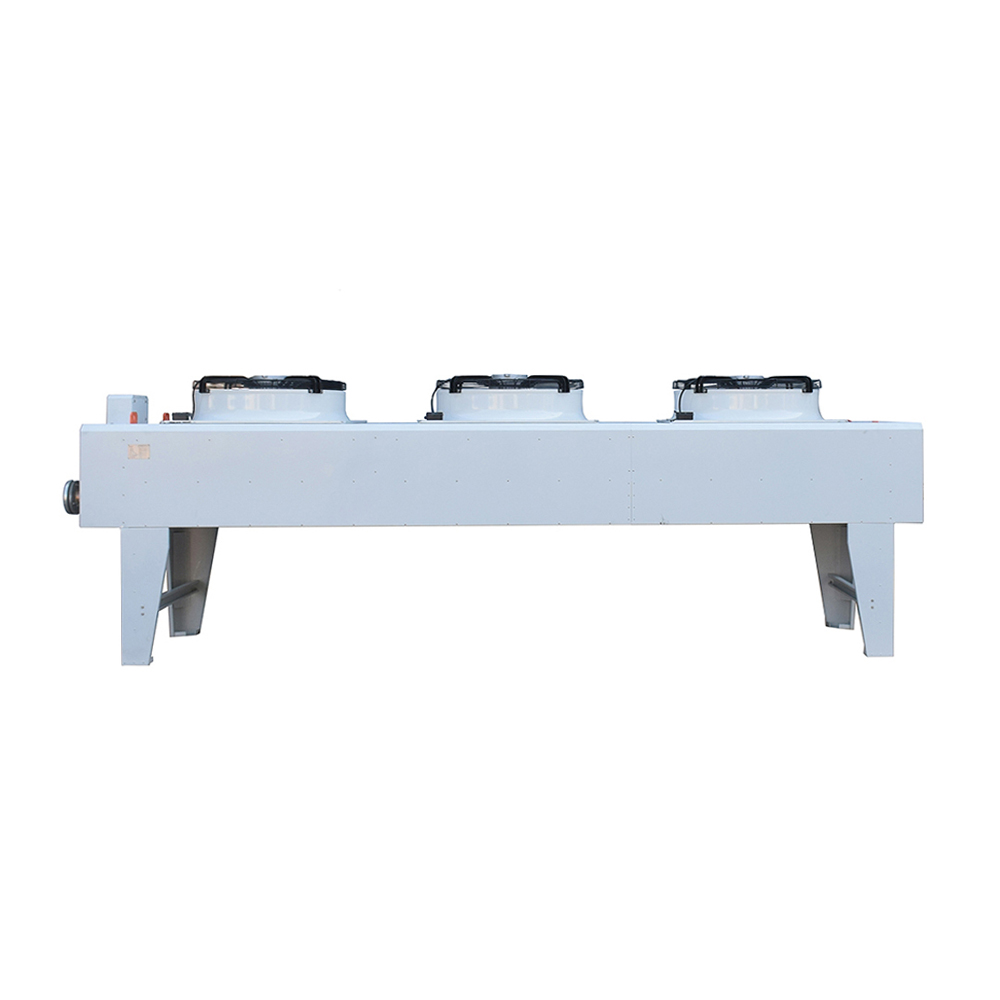
Comparing Industrial Dry Coolers: A Sample Table
| Feature |
Option A |
Option B |
| Cooling Capacity (kW) |
50 |
75 |
| Efficiency (kW/ton) |
0.7 |
0.65 |
| Material |
Aluminum |
Stainless Steel |
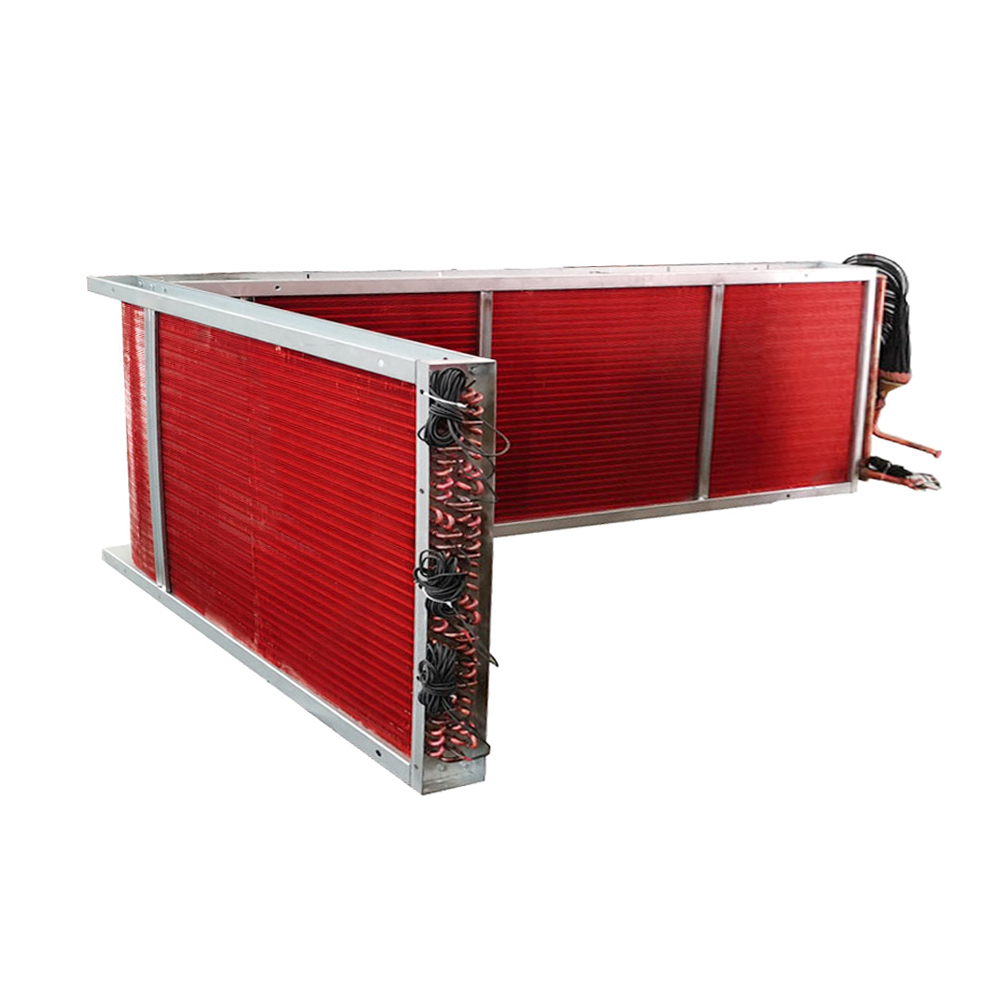
Conclusion
Selecting the right industrial dry cooler is a critical decision impacting efficiency, cost, and operational reliability. By carefully considering the factors outlined in this guide, you can ensure you choose a system that meets your specific needs and provides years of reliable service. Remember to consult with experts like Shanghai SHENGLIN M&E Technology Co.,Ltd for personalized guidance and support.











